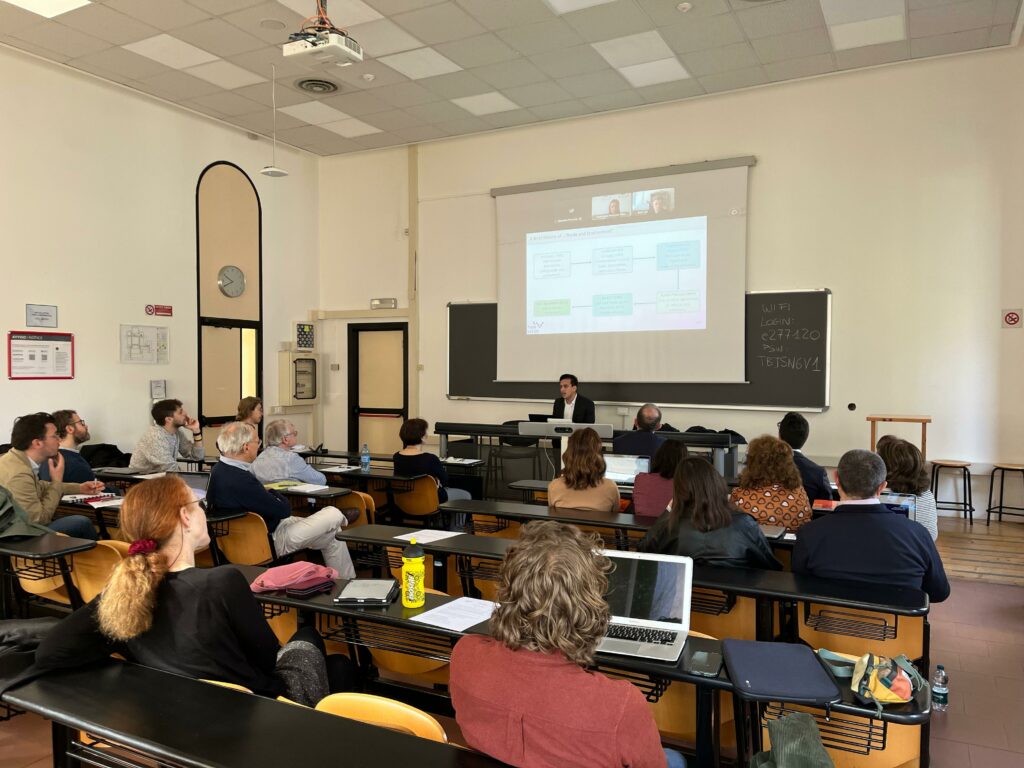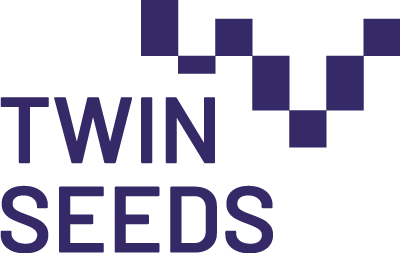On 27 March, the TWIN SEEDS consortium came together at Politecnico di Milano (POLIMI) for a day of in-depth discussion and forward-looking policy reflection. The WP6-7 Meeting brought researchers and partners to review recent findings and explore how global shifts are reshaping Europe’s position in global value chains (GVCs).
The morning session focused on thematic scenarios (WP6.1), addressing key challenges such as strategic autonomy, carbon border mechanisms, and the long-term impact of COVID-19. While GVC dependence has driven EU growth, it also introduces vulnerabilities, particularly in the context of shifting geopolitical dynamics. For example, the session examined how US-imposed tariffs could trigger trade wars, with findings suggesting that EU retaliation through tariffs has limited impact. Relying solely on tariffs cannot mitigate welfare losses, highlighting the need for alternative policies, such as tariffs on services or strategies like the Digital Services Act. The Carbon Border Adjustment Mechanism (CBAM) was also discussed, tracing its origins to the EU Emission Trading Scheme in 2005. Although CBAM’s financial impact is limited, it sets an important precedent for encouraging international polluters to align with EU climate standards.
The second part of the morning addressed the "New Normal Scenario" (WP6.2): a future shaped by strategic tariffs, green public investment, and emerging global tensions. Research revealed that while recovery funds support clean transitions, their impact on emissions remains modest. Achieving the EU’s Fit-for-55 goals will require more decisive action, especially in decarbonising electricity and supporting electrification at household level.

In the afternoon, attention turned to policy implications (WP7). Presentations covered a wide range of topics: from labour markets and trade policy to regional development and environmental regulation. Key insights included the need for tailored responses across member states, the risk of fragmented green transitions, and the importance of strengthening international partnerships through tools like Clean Trade and Investment Partnerships.
Throughout the day, the meeting balanced academic insight with policy relevance. With contributions from partners including POLIMI, UNIMIB, wiiw, UCLM, and TBS, the WP6-7 Meeting demonstrated how TWIN SEEDS bridges the gap between research and real-world challenges, shaping a path toward a more resilient, sustainable, and competitive Europe!
